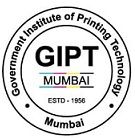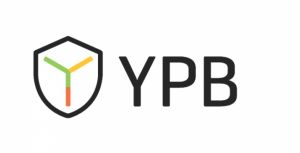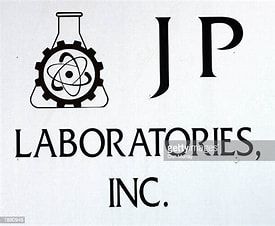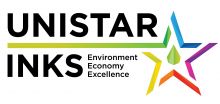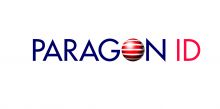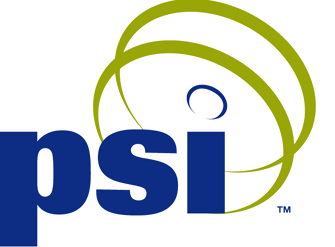SUSTAINABILITY: RFID tags can be biodegradable | 25-03-2024 |
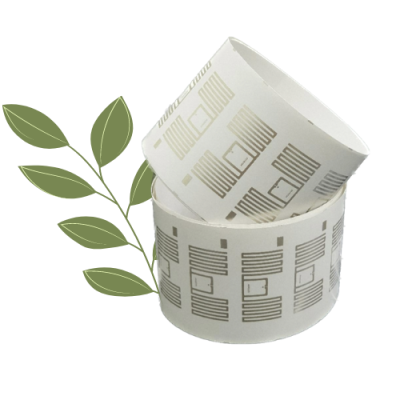
As part of AIPIA’s build up to the Smart Packaging for Sustainability Webinar on 26th April the next two newsletters will feature some insights on this important topic from industry leaders. We welcome Pim van Loosbroek from The RFID Company, based in The Netherlands who explains about the development of his company’s biodegradable RFID tag:
In today's fast-paced, ever-evolving world, businesses are under increasing pressure to find sustainable, eco-friendly alternatives to traditional products and practices. One area where progress is critical is in the production and disposal of RFID labels. With billions of RFID labels in circulation, the sector needs to embrace a more environmentally responsible approach.
Traditionally, most RFID labels are composed of multiple layers, including a face stock, adhesive, inlay and release liner. The inlay, which typically consists of a plastic (PP or PET) substrate, houses the antenna and chip that enable the RFID technology.
In 2023 approximately 6 billion of these conventional RFID labels were used on the packaging of garments etc, according to van Loosbroek. All these RFID labels have plastic content and 1000 of these RFID labels are equivalent to 15 plastic water bottles. In 2030 100 billion single-use RFID labels are expected to be used in packaging.
The RFID Company developed biodegradable labels which it believes can revolutionize this process by eliminating the need for the plastic inlay altogether. The company utilizes an innovative Direct On Paper (DOP) printing technique, which involves printing the antenna directly onto the paper. This not only reduces waste but also ensures that our RFID labels are fully biodegradable, with no plastic components, says Pim.
The inlay decomposes naturally, leaving no harmful residues, according to the company. Also the Direct On Paper printing process ensures that the labels maintain the same high standards of readability, durability and accuracy as their conventional counterparts
These biodegradable labels are compatible with both UHF and HF/NFC technology, ensuring that they can be used across a wide range of industries and applications, from inventory tracking and access control to supply chain management and event ticketing. By eliminating the need for a separate plastic inlay, the company says it is able to streamline the manufacturing process, resulting in a more affordable end product without compromising on quality or performance.
As governments worldwide continue to tighten regulations surrounding waste management and environmental protection, these, and other sustainable RFID tags and labels on the market, offer an ideal solution for businesses seeking to comply with the increasingly stringent requirements, while gaining all the benefits of RFID and NFC technology.
AWA and AIPIA Smart Labeling Chicago
AIPIA and AWA Smart Packaging World Congress Amsterdam




